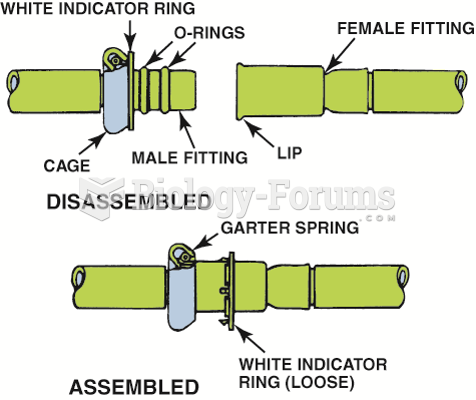|
|
|
The average person is easily confused by the terms pharmaceutics and pharmacology, thinking they are one and the same. Whereas pharmaceutics is the science of preparing and dispensing drugs (otherwise known as the science of pharmacy), pharmacology is the study of medications.
If all the neurons in the human body were lined up, they would stretch more than 600 miles.
The eye muscles are the most active muscles in the whole body. The external muscles that move the eyes are the strongest muscles in the human body for the job they have to do. They are 100 times more powerful than they need to be.
There are more bacteria in your mouth than there are people in the world.
Individuals are never “cured” of addictions. Instead, they learn how to manage their disease to lead healthy, balanced lives.







